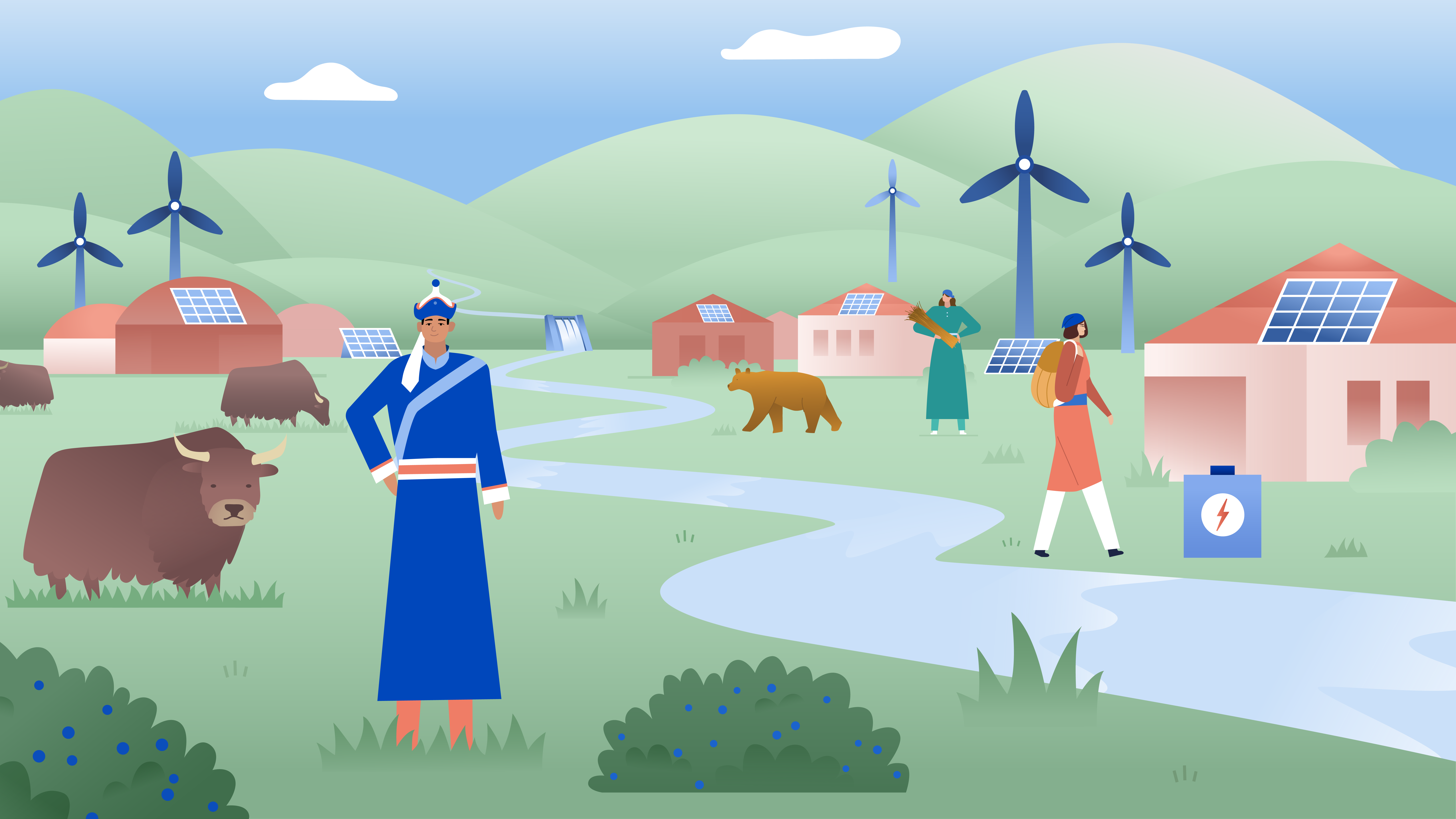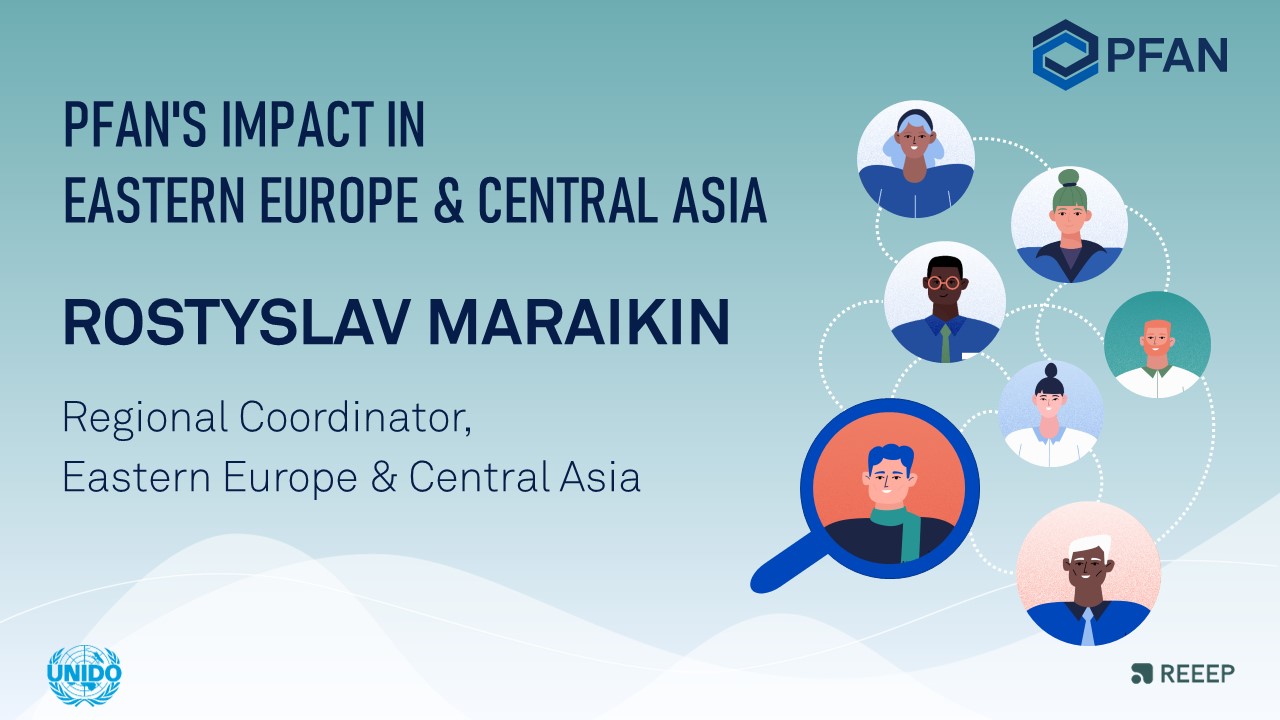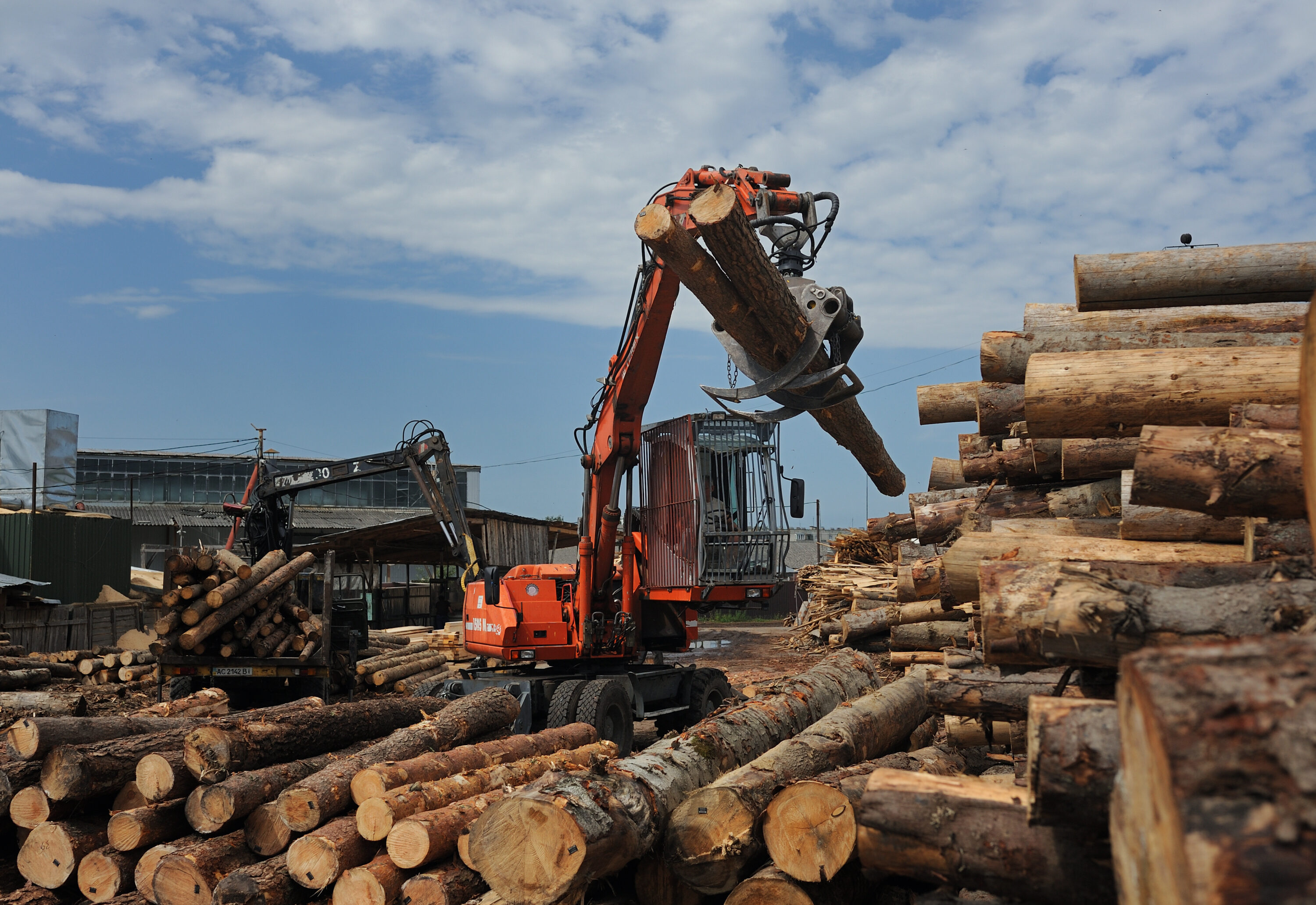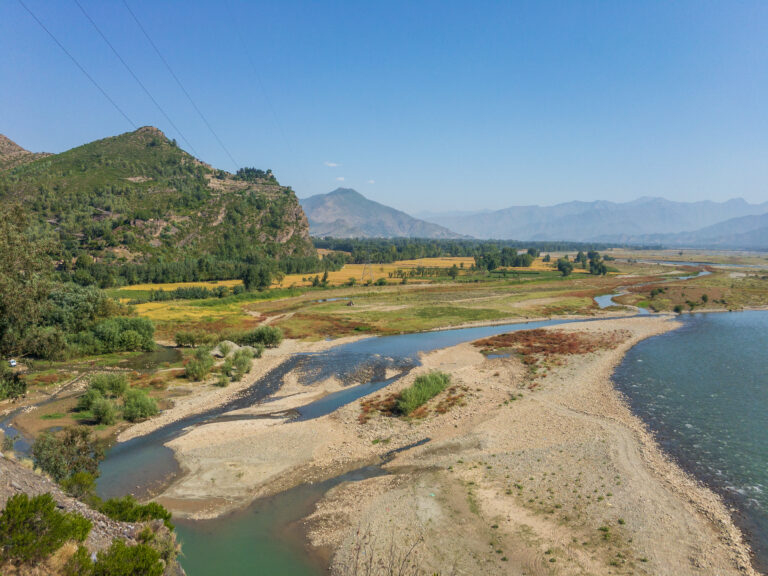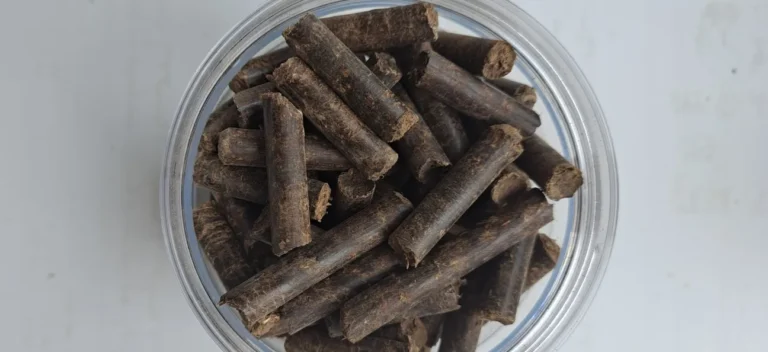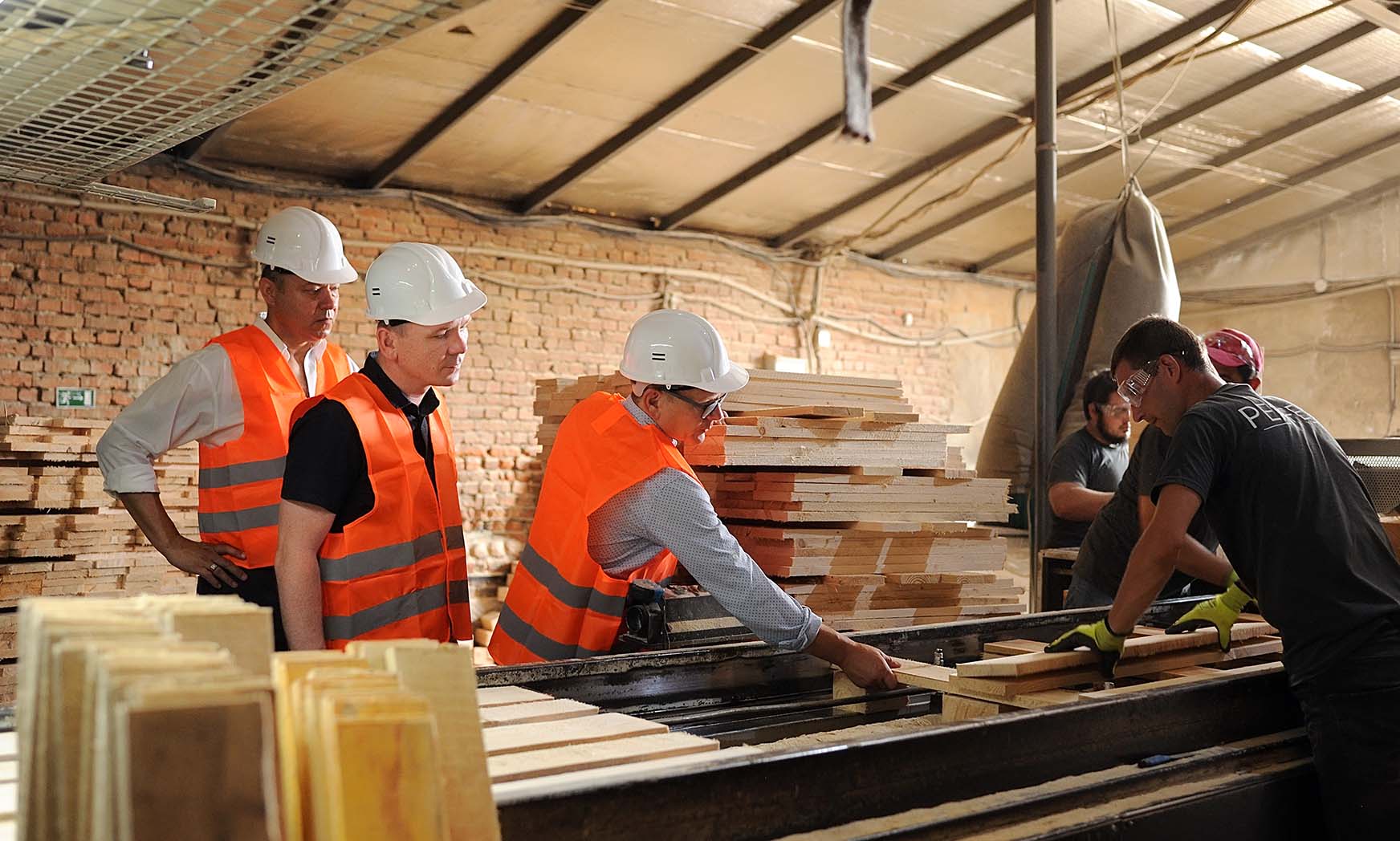PFAN IN EASTERN EUROPE & CENTRAL ASIA 2016-2023
- 280 Total investment leveraged (USD million)
- 39 Total projects which mobilised finance
- 260.9 Clean energy capacity added (MW)
- 136 Projects provided PFAN support
- 340 000 Potential CO2eq reduced per annum (tonnes)
Market developments 2016-2023
Between 2016 and 2023, countries in the Eastern Europe and Central Asia (EECA) region have been steadily creating policy, market and regulatory environments to accelerate investment and innovation in energy independence through reliable and environmentally friendly technologies and projects. [1]
Since 2020, the region has experienced changing political and market trends, including the rising price of energy resources and the altered behaviour of investors as a result of the climate agenda among the world’s central banks[2]. Russia’s ongoing invasion of Ukraine, with attacks on Ukraine’s fuel and energy infrastructure, has added another layer of complexity to the energy transition in the region. This instability has intensified the focus on energy security and the urgency to reduce dependency on traditional energy sources, particularly fossil fuels, underscoring the need for a swift and comprehensive shift to renewable energy sources and more sustainable, resilient energy systems.
In response to the emerging climate agenda of the regions’ governments and central banks, investors are increasingly focussing on sustainable and environmentally friendly projects and more actively looking for projects with measurable environmental impact, which contribute to the climate and SDG agendas. This shift is reflected in the growing number of green bonds and sustainable investment funds and increasing emphasis on ESG criteria.[3][4][5]
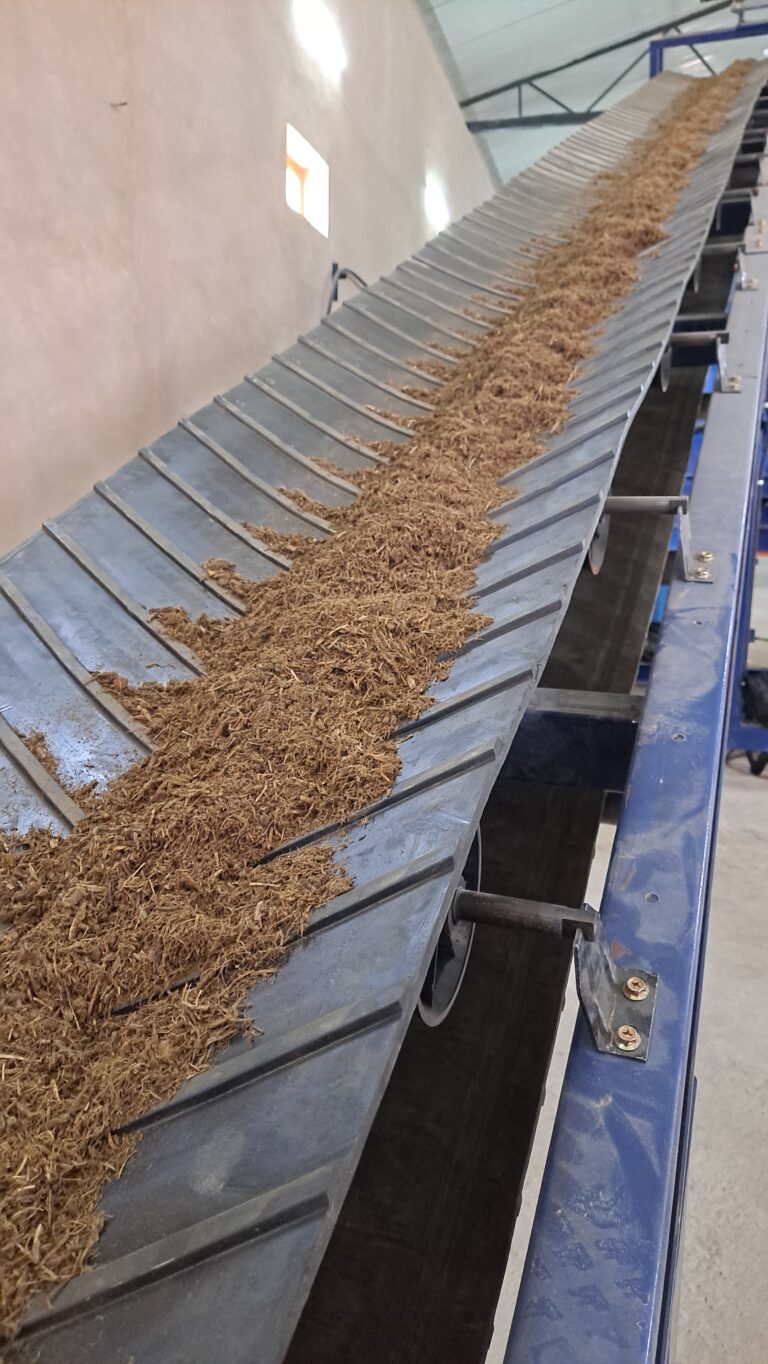
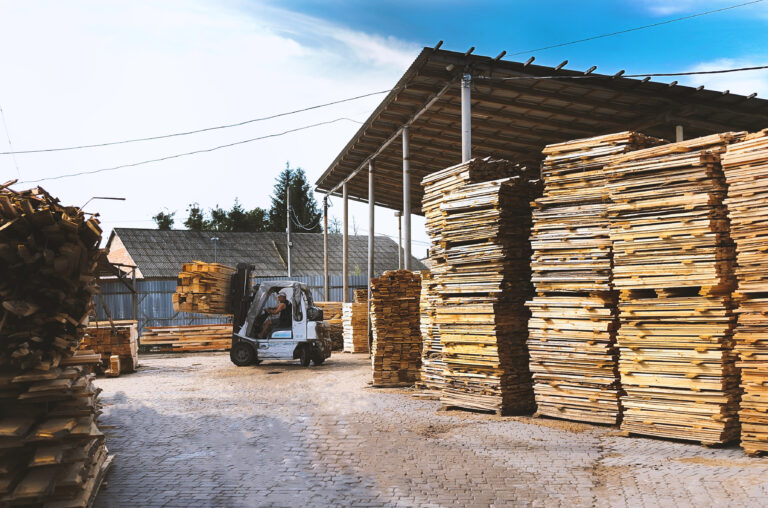
Projects addressing climate adaptation, circular economy, green hydrogen and energy storage have increasingly begun to displace traditional renewable energy projects. Global companies operating in the region have made their own commitments to reduce CO2 emissions and reduce their impact on the climate.[1][2][3][4] They have initiated investments in environmental projects and technologies and become off-takers of climate services and green/clean products, stimulating and accelerating political and market transformation.
In the EECA region, small and medium-sized enterprises often lack the knowledge and resources to develop environmental projects independently and attract the necessary investment. One of the main challenges is finding the right balance between the financial viability and environmental impacts of projects. In addition, navigating the regulatory environment and achieving gender balance remain challenges in all countries in the region.
PFAN’s activities and highlights
The growing demand for the provision of project development and investment facilitation services has led to an increased footprint of PFAN in the region, expanding its network to 9 countries. PFAN EECA has made significant progress in the markets in the region, facilitating 23 projects to mobilise investment in 2022 and 2023 and diversifying its activities throughout the region. The demand for PFAN’s services is especially prevalent in the areas of clean innovative technologies, clean transport, sustainable agriculture and energy efficiency, which align with the needs of small and medium-sized enterprises. In addition, over the UNIDO / REEEP hosting period, PFAN EECA regularly carried out promotional and investment activities at the regional and country levels, resulting in increased cooperation and partnerships. For example, over the years, a close partnership with the State Agency for Energy Efficiency in Ukraine (SAEE) has been built, which has produced a rich vein of project referrals and financial closures through close cooperation in the implementation of the country’s renewable energy and energy efficiency strategy and policies. Regular investment forums have served to connect high-potential PFAN projects with investors and other key stakeholders.
A notable example of PFAN’s impact in the region is the Garadagh 37.8 MW wind power project in Azerbaijan, implemented by the Caspian Hydrogen Development Group. The project is situated in the Garadagh district, an industrial zone of the capital, Baku, with approximately 100,000 MWh generated annually, which will be sold to industrial customers and nearby residents. The project was started in 2019, however, the business model was not economically feasible due to low electricity tariffs in Azerbaijan so the developers turned to PFAN for support. Advisor Nikolay Ilyin assisted them with restructuring the investment and preparing project documentation and ensuring their investment readiness, which led to the project successfully raising USD 7 million of equity from a private investor and going on to reach a financial close in July 2022.
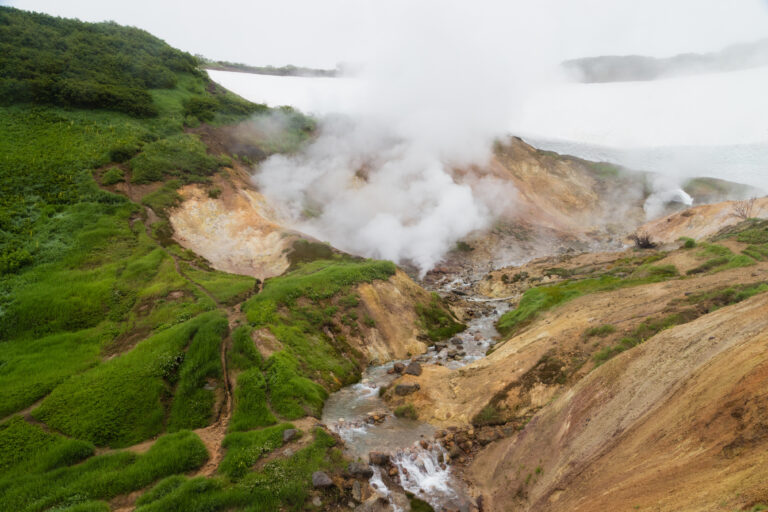
Between 2016-2023 the EECA network has grown to 33 PFAN Advisors and Country Coordinators who have supported more than 130 climate and clean energy projects and businesses in the region, of which 34 projects have successfully mobilised a total investment of USD 266 million. Our Advisors have proven to be highly resilient and demonstrated versatility in adapting their services to the changing needs of the market and the political situation.
For example, since the start of the Russia-Ukraine conflict in February 2022, Ukrainian advisors have redirected their resources and experience to support the establishment and growth of the network in other countries of the region, working in tandem with and building the capacity of the advisors in the new network countries (Kyrgyzstan, Turkmenistan, Uzbekistan). This approach has helped increase project capacity, transfer valuable knowledge and expertise and directly led to successful financial closures in 2023 (see below).
R.com
- Location Moldova
- Technology Waste utilisation

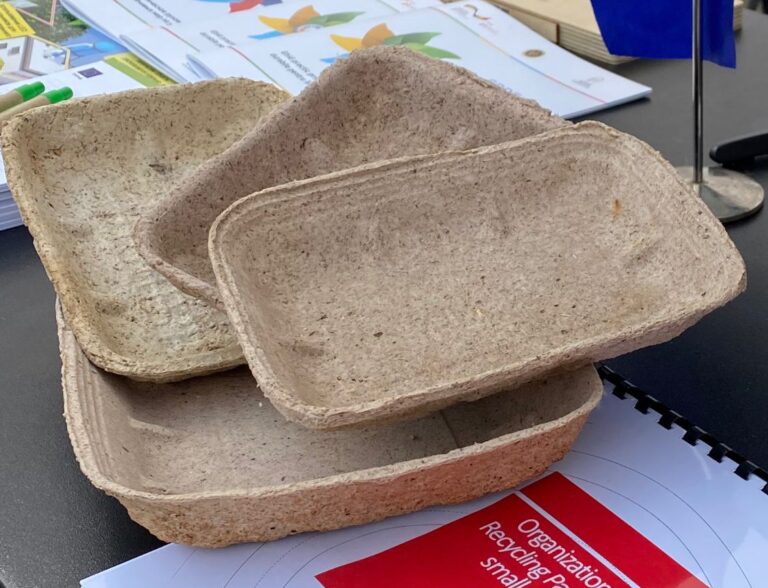
“We don’t see any limitations for this business. We can generate the demand we need, and reach any production level for packaging each year because we’re making a product that is highly needed”
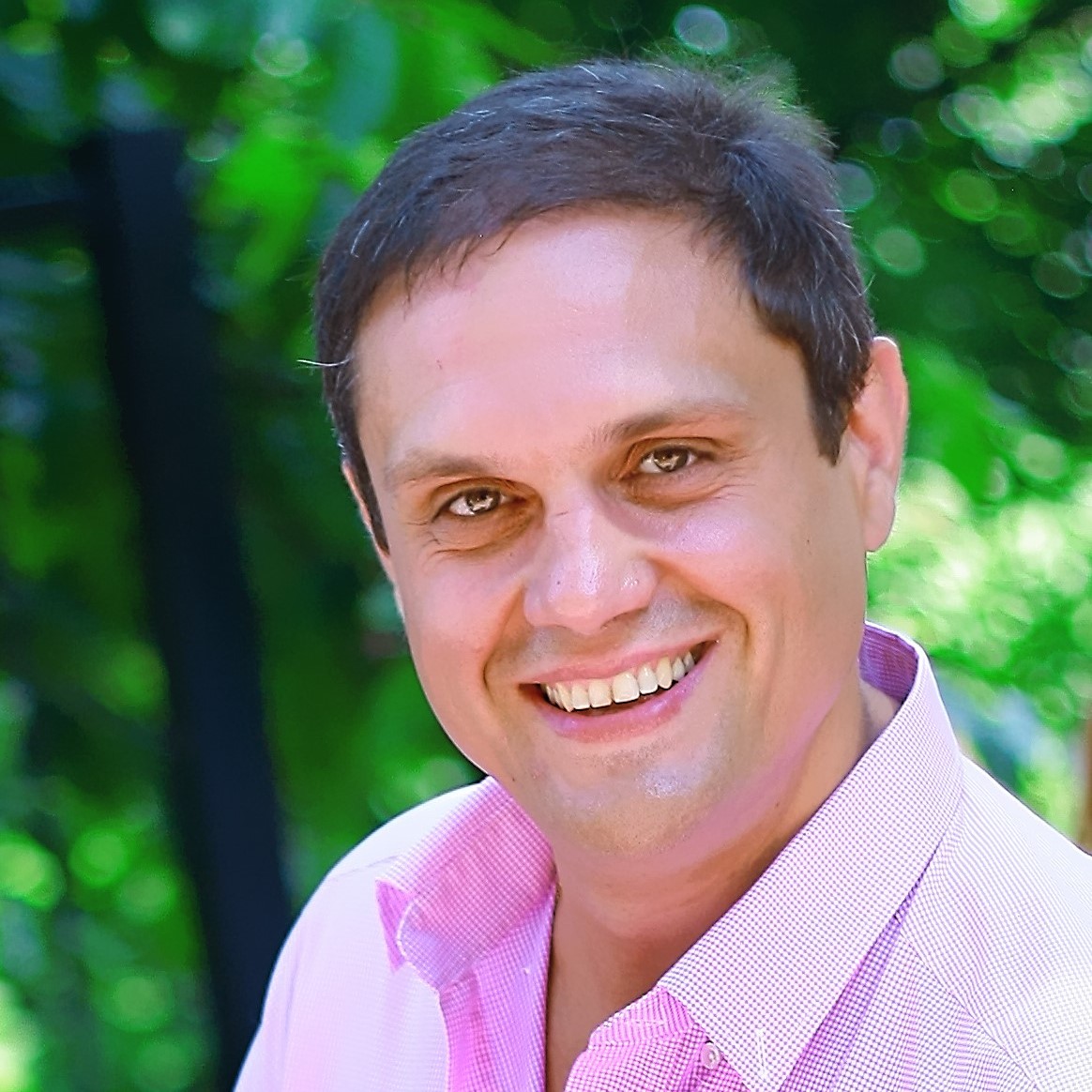
Rostyslav Maraikin holds a university education in technical engineering, finance, and economics. With over 25 years of experience in project management, Rostyslav has primarily focused on industrial construction and the energy sector, with a special emphasis on green energy and climate projects for the past 12 years. His career highlights include roles as CEO of EPC(M) and holding and leadership positions in notable projects such as the national government’s “Biomass of Energy” in Ukraine, along with projects initiated by NATO and the European Commission.
Since joining PFAN in 2013, Rostyslav has been instrumental in advising project developers on preparing investment-ready clean projects. He facilitates negotiations for securing investments and credit finance, manages regional project portfolios, oversees country coordinators, and plays an active role in attracting and supporting consultants, network members, and investment partners.
Rostyslav Maraikin shares insights into PFAN’s impact in Eastern Europe & Central Asia
